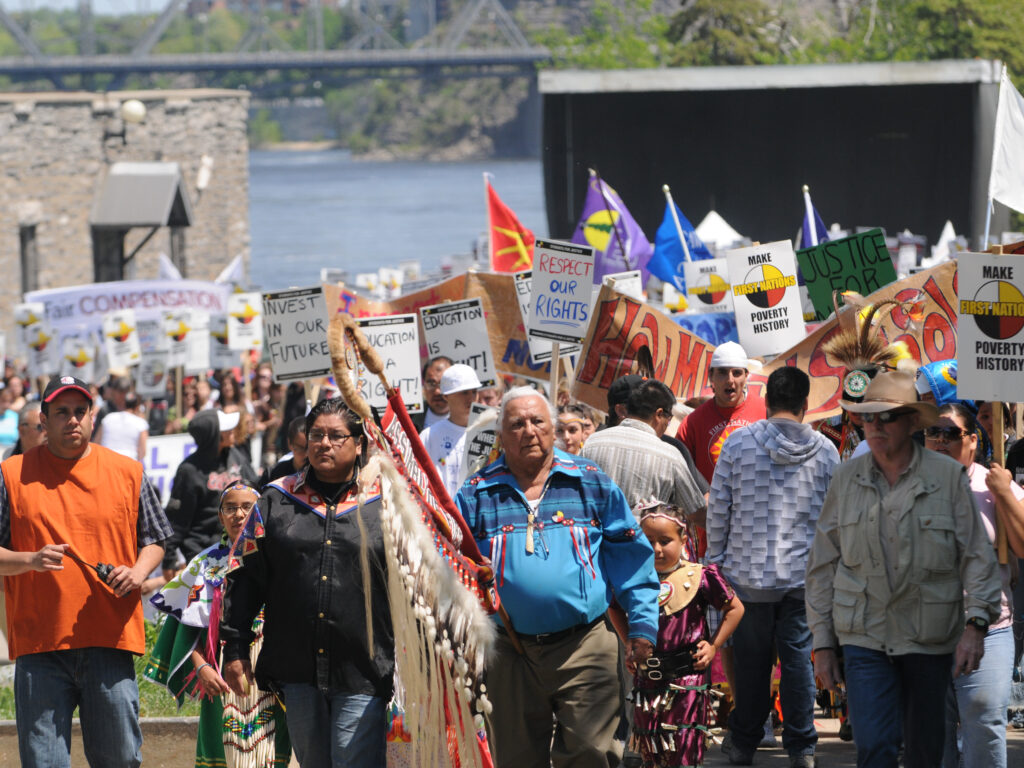Moving Beyond the Indian Act
The situation has been summarized very well by the lawyer, William Henderson in an article at http://www.bloorstreet.com/200block/sindact.htm.
The Indian Act seems out of step with the bulk of Canadian law. It singles out a segment of society, largely on the basis of race, it removes much of their land and property from the commercial mainstream, and gives the Minister of Aboriginal Affairs and Northern Development Canada and other government officials a degree of discretion that is not only intrusive but frequently offensive.
The Act has been highly criticized on all sides. Many want it abolished because it violates expected standards of equality. Others want First Nations to be able to make their own decisions as self-governing peoples and they see the Act as inhibiting that freedom. Even within its provisions, people see unfair treatment; for example, First Nations who live on reserve and those who reside elsewhere. In short, this is a statute of which few speak well.
–William Henderson
An argument could be made that the Indian Act should simply be abolished. However, for complex reasons, the sudden disappearance of the Act could create even more problems.
At the 2010 annual meeting of the Assembly of First Nations, National Chief Shawn A-in-chut Atleo called on Ottawa to repeal the Indian Act within five years. He proposed replacing the law with a new arrangement that would allow all parties to move forward on land claims and resource sharing.
Certain nations and organizations, such as the Maa-nulth First Nation, have moved towards Self-Governance agreements. Though these do not exempt First Nations from the Indian Act, it allows more autonomy for the nations to make decisions about their education, economy, resources etc.


